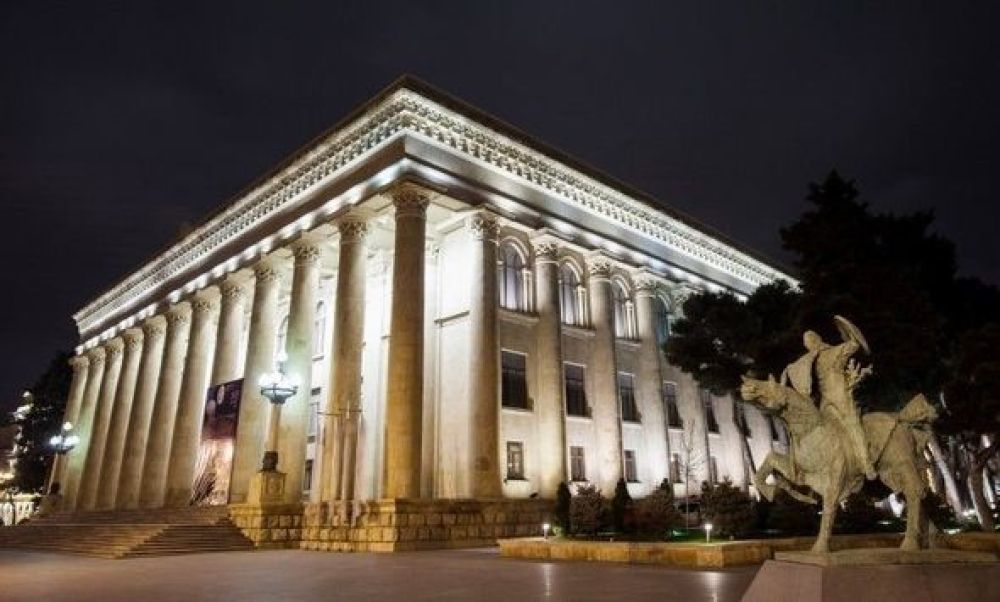

Located in the picturesque city of Quba, Azerbaijan, the Quba History Museum is a bastion of the region's rich and diverse past. The museum was established with the aim of preserving and showcasing the historical artifacts that represent the area's cultural, social, and political heritage.
The origins of the museum date back to the 20th century, when there was a growing sense of cultural identity and a desire to document the legacy of the Quba region. Over the years, the museum has amassed a significant collection that illustrates the life of the city and its surroundings from ancient times to the modern era.
Visitors to the museum can explore a vast array of exhibits that include archaeological finds, ethnographic artifacts, and traditional costumes that are emblematic of Quba’s diverse ethnic tapestry. The museum also features historical documents, photographs, and art that provide insights into the region's past.
One of the highlights of the museum is the collection of carpets and rugs, which are a testament to the intricate craftsmanship and artistry that is a hallmark of Azerbaijani culture. These items not only serve as cultural icons but also tell the story of the evolution of carpet weaving in the region.
The history of tourism in Quba can be traced back to the Soviet era, when it was recognized as a destination for its stunning nature and therapeutic climate. However, the rapid development of tourism infrastructure began in the 21st century, as Azerbaijan sought to diversify its economy and promote cultural tourism.
With increased international recognition and the government’s initiative to enhance tourism, Quba has become well-known for its apple orchards, quaint architecture, and scenic landscapes. Attractions such as the Quba History Museum play a significant role in this, drawing visitors who are eager to delve into the historical context of the region.
In recent years, Quba has experienced a surge in ecotourism, with travelers seeking out authentic experiences that allow them to connect with nature and local traditions. There has been a concerted effort to establish sustainable and responsible travel practices that safeguard the cultural and natural heritage of the area.
The tourism sector has also embraced the digital age, with many historical sites, including the Quba History Museum, increasing their online presence. This facilitates better access to information and enables potential visitors to plan their trips effectively.